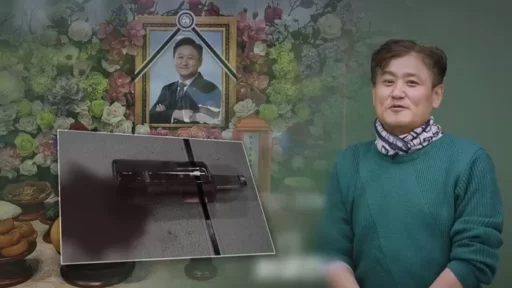Controversy Over Dentist's 'Self-Prescription': How Did the Court Rule?
A court has ruled that the suspension of a dentist’s license for prescribing and taking erectile dysfunction medication and hair loss treatment for himself was unjustified.
On the 3rd, the Administrative Division 14 of the Seoul Administrative Court (Judge Lee Sang-deok) announced that it had sided with dentist A in the lawsuit he filed against the Minister of Health and Welfare, seeking to cancel the license suspension imposed on him.

The incident dates back to 2020. Dentist A, operating a dental clinic in Nowon-gu, Seoul, purchased dental drugs through an online pharmaceutical wholesale shopping mall, ordering a 60-day supply of erectile dysfunction medication and 240 hair loss treatment medications, which he then self-administered. During this process, the Board of Audit and Inspection discovered A's purchase of unrelated medications and self-administration, leading to a referral for administrative action to the health center.
The assessment of legal violations of the Medical Service Act
The health center reported A for violating the Medical Service Act, but the prosecution decided to suspend the charges, stating that "while A violated the Medical Service Act, it was his first offense and there was no commercial intent."
Subsequently, the Ministry of Health and Welfare suspended Dentist A’s dental license for 1 month and 15 days based on this finding, prompting A to file a lawsuit in response.
The court acknowledged that A's actions were inappropriate but determined they did not constitute a violation of the Medical Service Act.

The court explained, "The Medical Service Act does not specifically define the scope of licenses for medical professionals by their respective fields," and emphasized that "medical professionals should be granted a broad discretion to choose medical actions in specific clinical situations."
Furthermore, the court stated, "Even if self-prescribing and self-administering medications for common ailments unrelated to the qualifications or reliability of the medical professional may not necessarily be classified as a violation of the Medical Service Act, it is difficult to argue that there is a risk of harm to public health." This ruling is expected to set an important precedent for the legal interpretation of self-prescriptions by medical professionals.
Image source: Material photo to aid in understanding the article / gettyimagesbank


